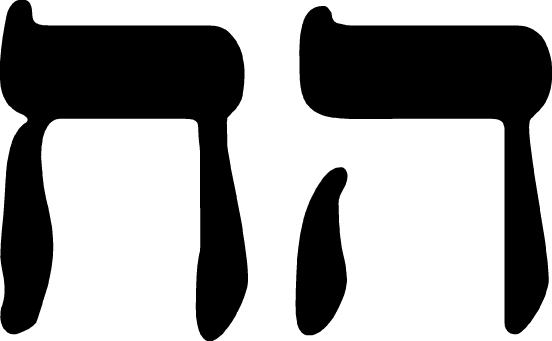by Rabbi Moishe Denburg
My new Zeide (through marriage to Mushky) Rabbi Shlomo Galperin tells stories of how his family in Tashkent Russia began stockpiling and fermenting beets for Passover starting around Chanukah-time. This year in Albany we didn’t start THAT early, of course, but in the few days and multiple shopping trips before Passover we had trouble finding beets. This store was out, that store was waiting on a shipment, it was quite incredible how difficult the search for beets became – and in the end we found a sack in the Asian Market. I remember the Eureka moment on my father-in-law’s face when turning the corner of an aisle and coming across not only beets but a whole sack of them!
If you know my father-in-law Rabbi Mendel, he’s not one to just be happy with getting the beets. There has to be a message! So I went to Rabbi Google, and looked up “random facts about beets”. Two things jumped out at me: They are an anti-inflammatory food, they keep down inflammation and they also help detoxify the body, beets act as a cleanser, dragging out junk as they exit.
DETOXIFY
What a great Passover connection! This holiday we are ridding ourselves of Chametz, both physically and spiritually, cleaning and searching every nook and cranny for the undesirable Chametz that may be lurking or stuck somewhere within. Beets symbolize this cleansing process, getting rid of all that’s not good for us inside.
ANTI-INFLAMMATORY
Chametz and Matzah are often made of the same ingredients, only that Chametz puffs up and rises while Matzah stays flat – that’s an anti-inflammatory connection right there. But let’s take it a  little further: Chametz and Matzah actually share two of the same three Hebrew letters (albeit in different order), they both have a Mem and a Tzadik, the only difference is a Hey (last letter of Matzah) and Ches (first letter of Chametz). And the letters Hey and Ches look very similar, both have two tall sides and a roof, the only difference is that the Hey has that little piece missing from the top of its left wall. Speaking about anti-inflammatory: Chametz’s Ches keeps it all in and it builds up inside, while the Hey of Matzah has that escape hatch that keeps the inflammation from building.
little further: Chametz and Matzah actually share two of the same three Hebrew letters (albeit in different order), they both have a Mem and a Tzadik, the only difference is a Hey (last letter of Matzah) and Ches (first letter of Chametz). And the letters Hey and Ches look very similar, both have two tall sides and a roof, the only difference is that the Hey has that little piece missing from the top of its left wall. Speaking about anti-inflammatory: Chametz’s Ches keeps it all in and it builds up inside, while the Hey of Matzah has that escape hatch that keeps the inflammation from building.
So this Passover – taste the beets and appreciate their Passover connection! They have many health benefits, they have nice Passover messages, but if nothing else, realize the effort that went into getting them…
